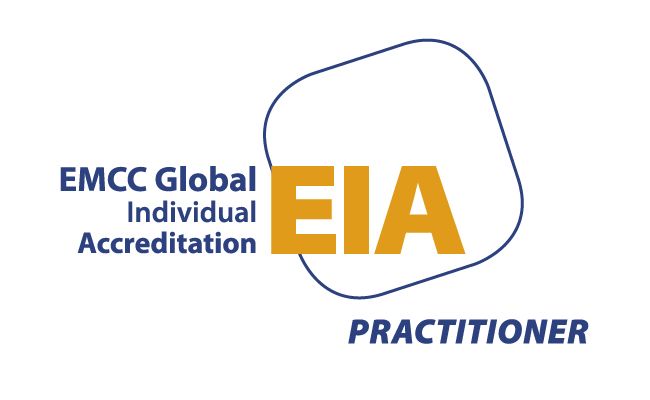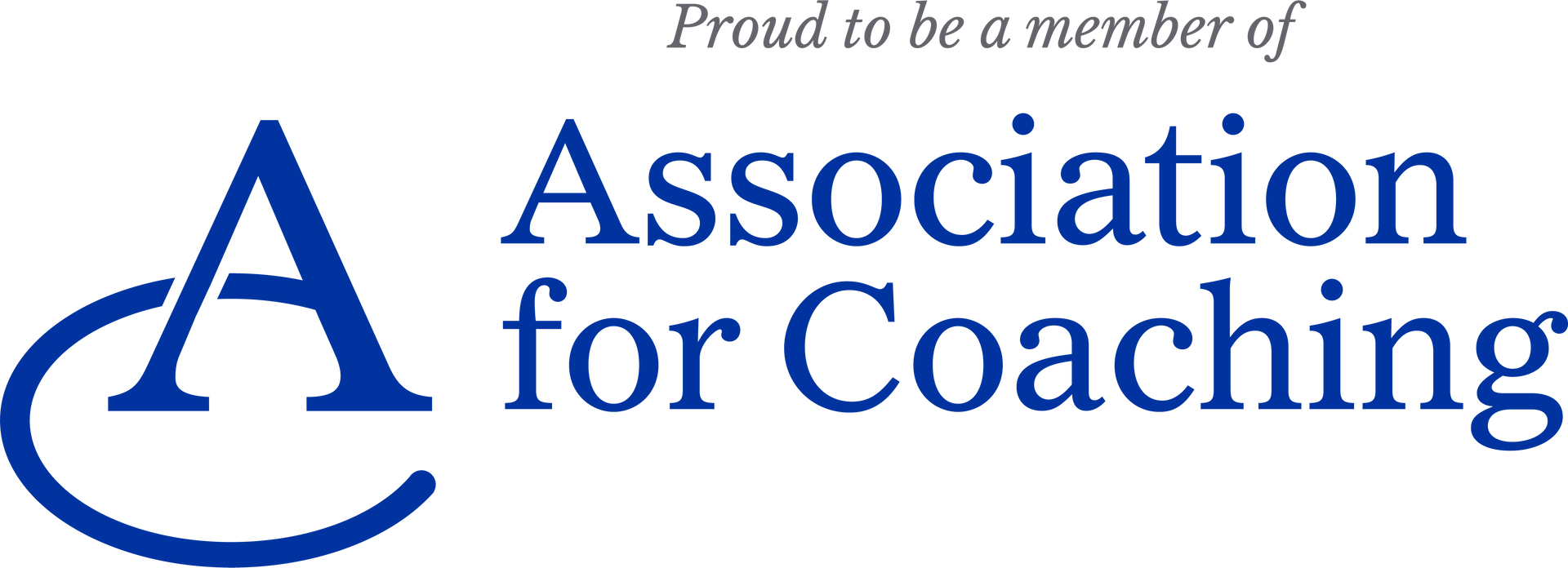Progress one step at a time
Barbra Carlisle • March 16, 2025
Tenacity is a key characteristic of successful leaders

In leadership it’s easy to believe that success comes from having a plan and going for it perhaps with big, bold moves. But the reality? Curve balls. Progress is almost always built step by step. And that’s not just okay—it’s powerful.
Let’s be tenacious!
Leader’s who succeed are tenacious, they show determination and persistence in pursuing goals despite challenges and setbacks.
Tenacity encompasses:
- Resilience: Bouncing back from failures and continuing to push forward.
- Commitment: Staying dedicated to the vision and objectives, even when progress is slow.
- Problem-Solving:
Continuously seeking solutions and not giving up when faced with obstacles.
- Inspiration: Motivating and encouraging the team to stay focused and driven, no matter the difficulties.
Tenacious leaders are often seen as role models who inspire others to persevere and achieve success. Tenacious leaders take one step at a time.
The Small Step Advantage
Why do small steps matter so much? Because they build momentum. Every small, intentional action creates a sense of progress, which fuels motivation and confidence over time. Recognizing small wins can significantly boost motivation and performance (HBR, 2011).
Regardless of your leadership style, borne from your personality preferences, small steps help achieve goals.
For leaders who value stability, small and steady progress provides a reliable foundation for sustainable growth. For those who dream big, small steps turn ambitious visions into achievable milestones. And for leaders focused on relationships, each small moment of connection strengthens trust and fosters deeper engagement.
Meanwhile, those who thrive on supporting others can find meaning in everyday actions that nurture growth, while leaders driving towards bold goals benefit from breaking ambitions into clear, actionable steps that maintain momentum (McKinsey, 2022).
How to Lead with Tenacity, One Step at a Time
1. Define
What Progress Looks Like: Start by getting clear on what small progress means for you and your team. It might be setting weekly goals, holding reflective check-ins, or focusing on one key priority each day.
2. Celebrate
Consistent Wins: Don’t underestimate the power of acknowledging small achievements. Recognition of progress—no matter how small—builds momentum and motivation within teams.
3. Embrace
Uncertainty: You won’t always know the next step, and that’s okay. Tenacity means trusting the process, learning as you go, and leaning into uncertainty with curiosity, not fear.
4. Seek
Support: No leader thrives in isolation. Connect with peers, mentors, or a coach to reflect on your progress and challenges. Feedback and perspective can be the catalyst for confident next steps.
5. Reflect
and Refine Take time each week to reflect. What’s working? What needs adjusting? Reflection isn’t a luxury; it’s a leadership necessity for long-term resilience.
The Real Secret to Sustainable Leadership
Success isn’t about speed or perfection. It’s about showing up, step by step, and staying committed to the journey. The leaders who thrive are those who understand that persistence isn’t about relentless hustle—it’s about consistent, thoughtful progress.
So, if you’re feeling overwhelmed or uncertain, remember this: small steps lead to big change. And that’s more than enough.
Go to The Unlikely Executive Podcast Episode 5 where I explore the power of tenacity in leadership with CEO and Founder of StrokeInformation Nick Clarke. If you’re looking to build resilience and lead with clarity, this episode is for you.
Take a step now
Come and join me on 5 Voices for Teams programme where we cover tenacity, resilience, leadership and team performance. You get a chance to celebrate your approach to tenacity while understanding other perspectives, leading to enhanced performance for everyone.
I support leaders in non-profit organisations and those passionate about Leadership for Good. My mission is to help leaders recognise their brilliance—and that of their teams—so growth is sustained and accelerated.

Introduction Going down to London a couple of weeks ago I was looking forward to putting on a good podcast and ignoring everything and everyone around me. That is until a woman, Melanie, came and plonked down next to me, with her pile of papers and her phone ringing. Once she had taken the call, she smiled at me, I smiled back and this led to a 2 and half hour conversation on all things from professional development to managing long distant relationships. I got off the train more energised, connected and ready for the day than if I had stuck my headphones in. We arranged to meet for a coffee back in Liverpool. Why am I telling you this? Because in business, we often talk about the importance of networks and collaboration—but what if some of the most transformative insights come not from your inner circle, but from a stranger on a train, a chance encounter at a conference, or a casual conversation over coffee? The Research A recent UK study from the University of Essex (Sandstrom et al., 2022) showed that small talk with strangers can significantly improve mood, empathy, and creativity. More importantly, these fleeting interactions often lead to the sharing of ideas that would otherwise remain siloed. In a time when innovation and agility are everything, this matters. Another UK study by Nesta (2019) on innovation diffusion found that ideas spread faster in communities where “weak ties” are strong—those acquaintances and peripheral connections that sit just outside our usual networks. They introduce novelty and challenge groupthink, something every CEO navigating complexity should pay attention to. The Leadership Lens When I work with CEOs, those in peer networks always value that outside in perspective, a fresh set of eyes. When I interviewed Tom Morgan for The Unlikely Executive Podcast he highlighted the power of talking to absolute strangers. His stranger was on the side of a soccer pitch. Showing that real breakthroughs can happen when you put down your guard and just share what your thoughts and ideas are. The 5 Voices framework reminds us that each person has a unique voice—and when we only surround ourselves with people who speak “like us,” we lose access to vital perspectives. When leaders only stay within their trusted circle, something important is lost. You may protect consistency and control (a strength of the Guardian), but you risk missing the unexpected insight that could change everything. Often, it’s the Creative or Connector in the room who first sees the value in an offhand comment or a half-formed idea. These seemingly small conversations—ones we often don’t prioritise—are where innovation is born.” The Call So here’s an invitation: be deliberate about bumping into brilliance. Attend a meet-up that’s outside your industry. Talk to a stranger, say hello as a starter! This method was used by Mel Robbins to great effect when she moved home and is outlined in her brilliant book Let Them. Most of all, create cultures where your team talks beyond their silos too. You might be surprised by where the next big idea comes from—and who it comes from. Curious what kind of conversations might unlock new thinking for you as a leader? Let’s talk. barbra@gleecoaching.com

Introduction Starting a business with friends is thrilling. There is an overarching sense of relief that you don't have to do it alone -you can do it with your bestie! yay! Fast forward 18 months, and the Yay! can turn into Nay! Misaligned expectations, unspoken assumptions, and personality clashes often threaten what was once a shared vision. How can co-directors stay aligned—and stay friends? The Research The UK’s ScaleUp Institute (2022) found that the biggest internal challenge to scale-up growth isn’t funding or sales—it’s leadership alignment. Misalignment at the top leads to strategic drift, team confusion, and burnout. The London Business School’s study on entrepreneurial team dynamics (Lechler & Ensley, 2021) highlights that psychological safety, clear communication, and complementary leadership styles are essential for co-founder success. The Voice of Alignment Most founder teams don’t fall apart because they disagree on what they want to build. It’s how they build it—how they make decisions, how they handle conflict, how they communicate under pressure. One founder might lead with relentless vision, what I call the Pioneer perspective, while another is carefully evaluating risk (taking a Guardian perspective). One might want harmony above all else (Nurturer), and another thrives on energy and visibility (Connector). The key is not to flatten those differences, but to name and honour them.” As a co-director of a brilliant social research agency Michael and I were super excited when we set out - we even got to take clients with us! Yay! However our personalities and life stage were so so different that tensions started to arise. - One of us wanted to renegotiate the agreed starting salary - one of us didn't - One of us was a laissez faire leader, one of us wasn't - One of us put our people first, one of us didn't - One of us blended work with social life, the other just wanted to go home and be with their family - One of us was single and footloose, one of us was married with responsibilities. None of the above were unresolvable but we were unable to resolve due to lack of appreciation of each other, and pressures from around us. I wish I had sought out the support of a coach, I would have loved it if we had both had coaching before it was too late. The Call If you’re building something with someone you respect and care about, take the time to build how you build. A business plan is vital—but so is a relationship plan. Talk to one another about your needs and desires, and share your observations on how you think the relationship, not just the business is going. Let’s ensure your founding team is aligned not just on the product, but on purpose, pace, and process. If you want to run through your thoughts get in touch with me, I would love to be able to help you, and your friend, be totally awesome! https://zcal.co/barbracarlisle/30min


